AI is no longer a distant concept as it’s reshaping every industry around us. From healthcare to retail, AI has taken the front seat. And now, it’s making strong waves in accounting too.
We may not have expected it, just like we didn’t when audit automation arrived. But here it is, AI in accounting that is transforming how we manage books, audits, compliance, and even client relationships.
In this blog, we will understand how exactly AI is changing accounting, and how you can use it in your work.
What is AI in Accounting?
AI in accounting means using smart computer technologies to make accounting work faster, easier, and more accurate. Tools such as Machine Learning (ML), and Natural Language Processing (NLP) help automate repetitive and boring tasks like data entry, invoice scanning, and report creation.
Instead of spending hours on spreadsheets, accountants can now use AI to analyze data, catch errors, and get insights in seconds. It saves time, reduces mistakes, and helps businesses make better financial decisions.
Role of AI in Accounting
Let us look into the features of AI in Accounting:
- Accounts Receivable Prompting
AI accounting software can automatically send payment reminders to customers, before and after the due date without any manual effort. This helps improve cash flow and reduces overdue invoices without fuss.
- Automatic Data Entry
There are high chances of errors and inconsistencies in manual entry due to many factors.
But when the data is entered automatically, it becomes error-free, consistent, and on the line. Therefore, automatic data entry has no human barrier of regular communication and meeting deadlines, or something else entirely.
- Forecasting Cheques and Balances
Unlike traditional reports based on historical data (which is based on generic manual reports, AI analyzes trends in Accounts Receivable (AR), Accounts Payable (AP), and other financial documents to predict future cash flow and financial health without human bias.
- Identifying Financial Frauds
Imagine a scenario where you are having dinner with your family and all of a sudden a startup news just pops up on your TV about collapsing due to financial fraud. For a moment think about its founders and employees’ situation who must have worked so hard in that startup.
But now, AI can detect suspicious transactions early by identifying patterns and anomalies in real time. It also flags spammy or time-wasting entries that may go unnoticed by the human eye.
- Live insights
Old figures or inconsistent data can be decisive in the short term. But, there is no guarantee of the right advice based on old figures and data because of relevance loss. An AI accounting software gives you not only the right advice but also a way to live-insights into clients’ financial performance.
Result: Your clients can make faster, sharper and more data-driven decisions with an AI accounting software and your expertise.
How to Use AI in Accounting?
The usual way people judge AI in accounting is through the A2I2S2 framework, which stands for Automating, Analyzing, Identifying, Insight-gathering, Saving, and Speeding up tasks. While this framework gives a high-level overview, the real power of AI in accounting becomes clear when you actually use AI accounting software in day-to-day work.
Here are 5 practical ways to use AI in accounting:
- Workflow Analysis
AI can be a game-changer when it comes to workflow analysis. Why? Because it takes away the manual, tiring parts of an accountant’s job. Instead of spending hours reviewing processes, AI does the heavy lifting, allowing accountants to focus on high-value tasks without frustration.
- Cashflow Analysis
We all know that cash flow analysis is a very important characteristic of any business. A good cash flow analysis is equal to a better company’s activity. AI accounting tools can quickly scan your transactions and generate meaningful insights, that saves you time while helping you make better business moves.
- Interpretation of human judgment needs
Many business owners make the mistake of replacing accountants with AI tools to cut costs. But here’s the truth: AI can deliver insights, but only humans can interpret them in context. Your skills, experience, and judgment matter. AI can even flag situations where human input is needed, reminding you that not everything can (or should) be automated.
- Streamlining 7 Audit Automation Types
Predictive analysis, robotic process automation (RPA), report generation, audit management tools, cloud-based tools, document management, and prepared by client (PBC) portal can be streamlined through AI.
Think about the successful sync and backup mingled into a beautiful compatibility. And what kind of smooth symphony would it create for a company? Streamlining feels exactly like that. Smooth, flexible yet powerful.
- Spotting repetitive and machine-based tasks
Not all tasks need a human touch. Some are repetitive, time-consuming, and prone to errors. AI can take over these machine-based tasks such as data entry, reconciliation, or report formatting. It helps humans to focus on critical thinking, decision-making, and strategy.
Benefits of using AI in Accounting
AI in accounting may have its limitations, but the benefits often outweigh them, especially when used the right way. Here are four key advantages you can’t ignore:
- Saves Time on Repetitive Tasks: AI automates tasks and free up valuable time for strategic work.
- Increases Accuracy and Reduces Errors: With AI, the chances of manual mistakes drop significantly.
- Real-Time Financial Insights: AI provides instant analysis of financial data, helping businesses make quicker, data-driven decisions.
- Improves Tax Compliance: AI keeps track of changing tax rules and ensures timely, and accurate filings.
- Enhances Fraud Detection: AI detects unusual patterns in transactions and flags suspicious activities that help in preventing financial fraud.
- Reduces Operational Costs: Less manual work means fewer resources spent on accounting operations, which reduce costs over time.
- Empowers Accountants to Upskill: With routine work automated, professionals have more time to learn new tools, build networks, and grow in their careers.
Can AI Replace Accountants?
No, AI cannot fully replace accountants, but it can transform how they work. Let us see how:
AI is powerful when it comes to automating routine tasks like data entry, invoice matching, tax calculations, and financial reporting. It can analyze large sets of data faster than any human and even spot patterns that help with forecasting or fraud detection.
But accounting isn’t just about numbers but it’s also about judgment, ethics, business context, and human relationships. AI can’t interpret complex tax laws, provide tailored financial advice, or offer emotional support to a panicked client.
In short, AI enhances the work of accountants, not replaces them.
Final Thoughts
AI and human accounting analysis are not the same, and they never will be. While AI can process data and deliver insights at lightning speed, it still lacks the emotional intelligence, experience, and ethical judgment that a human accountant brings to the table.
It’s easy to blur the lines between AI and human effort, but we must remember: a tool is just a tool. No matter how advanced it becomes, a product can never replace or overshadow its inventor.
AI is here to support us, not replace us. And when used wisely, it helps accountants do what they do best.
Reference Links:
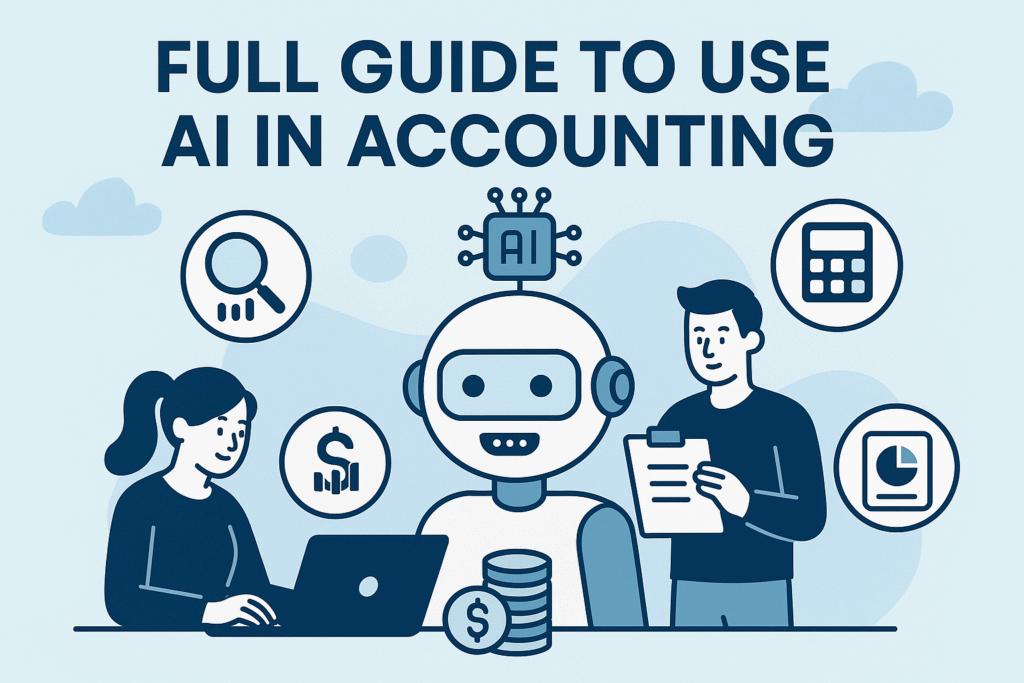

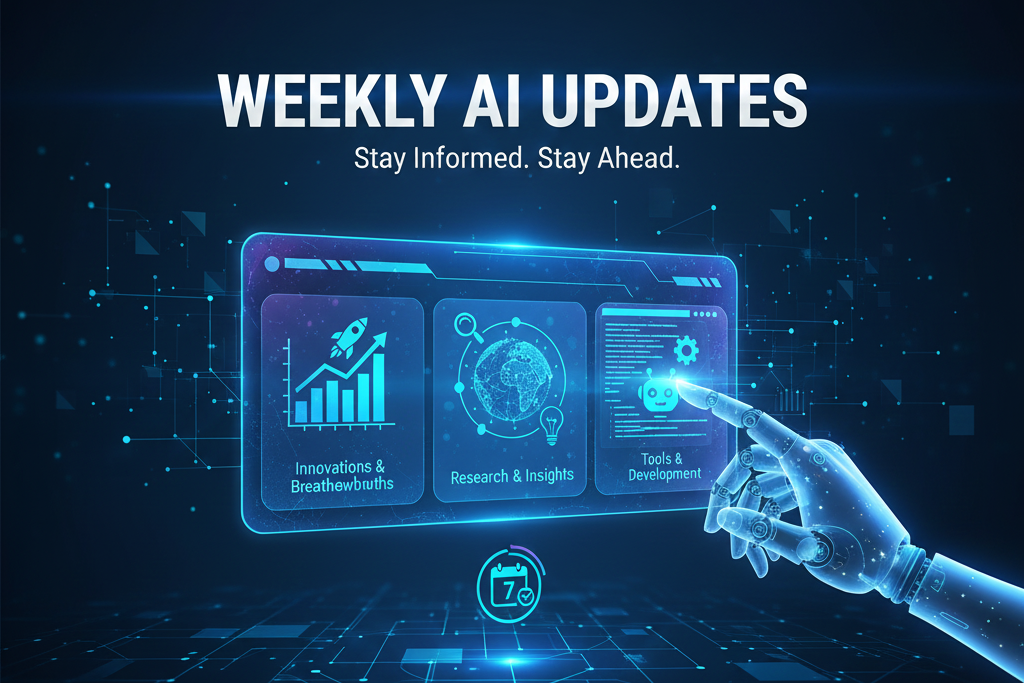

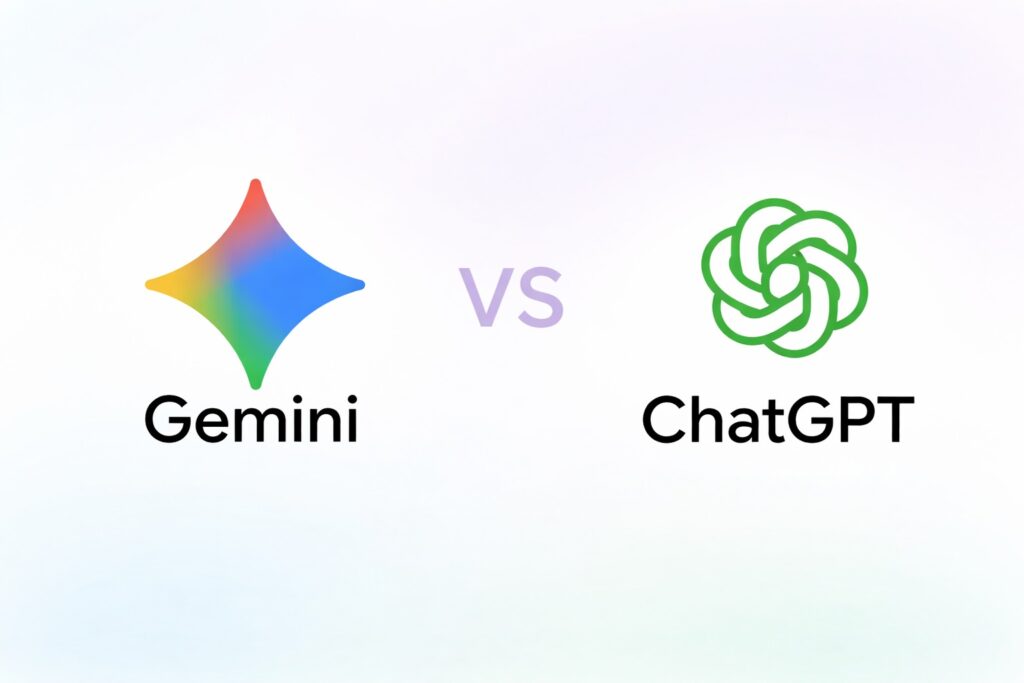

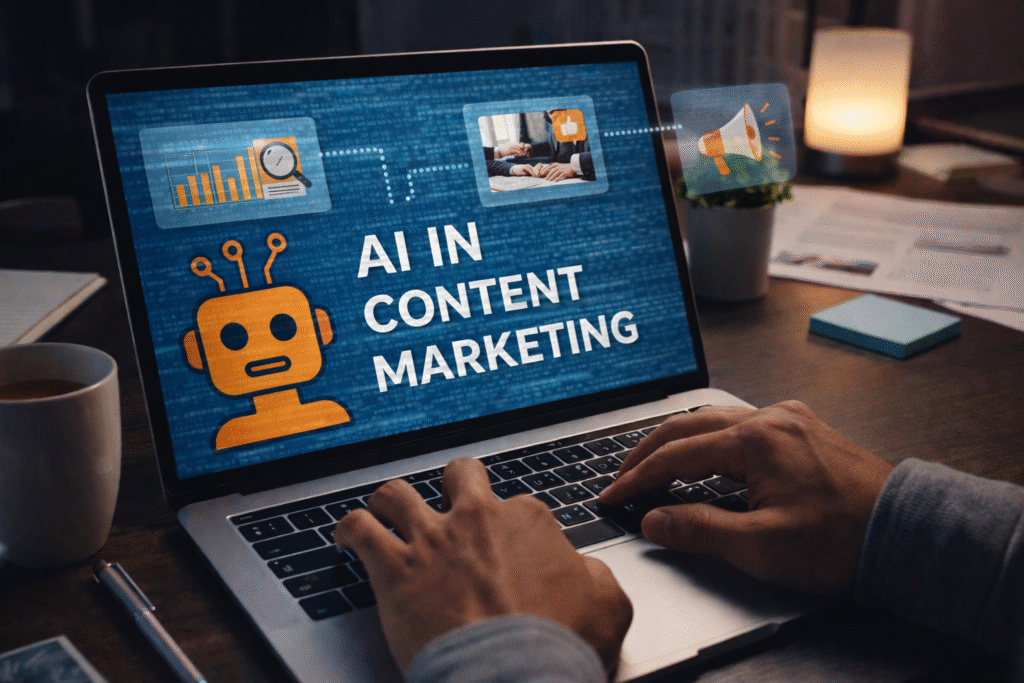

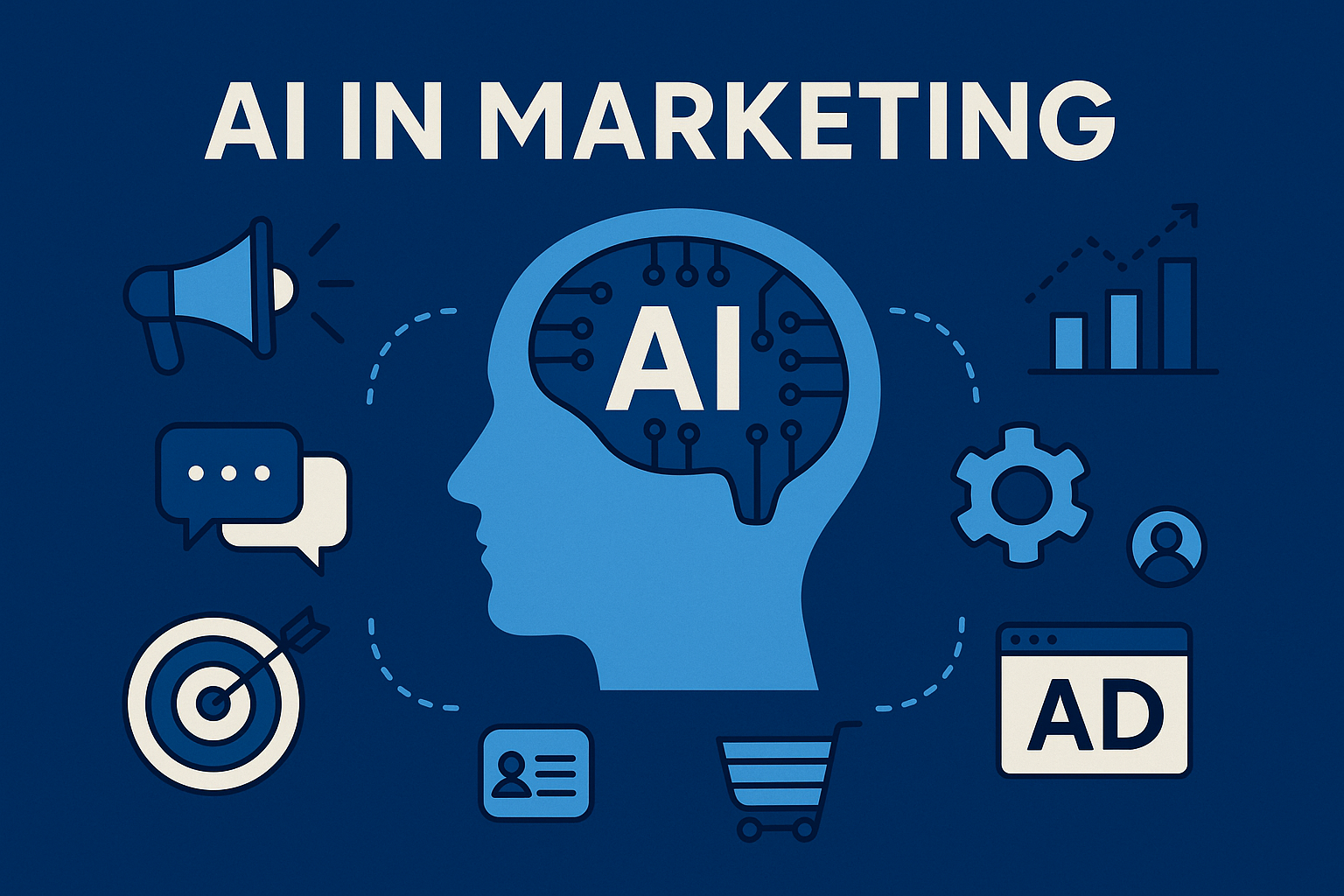


1 comment